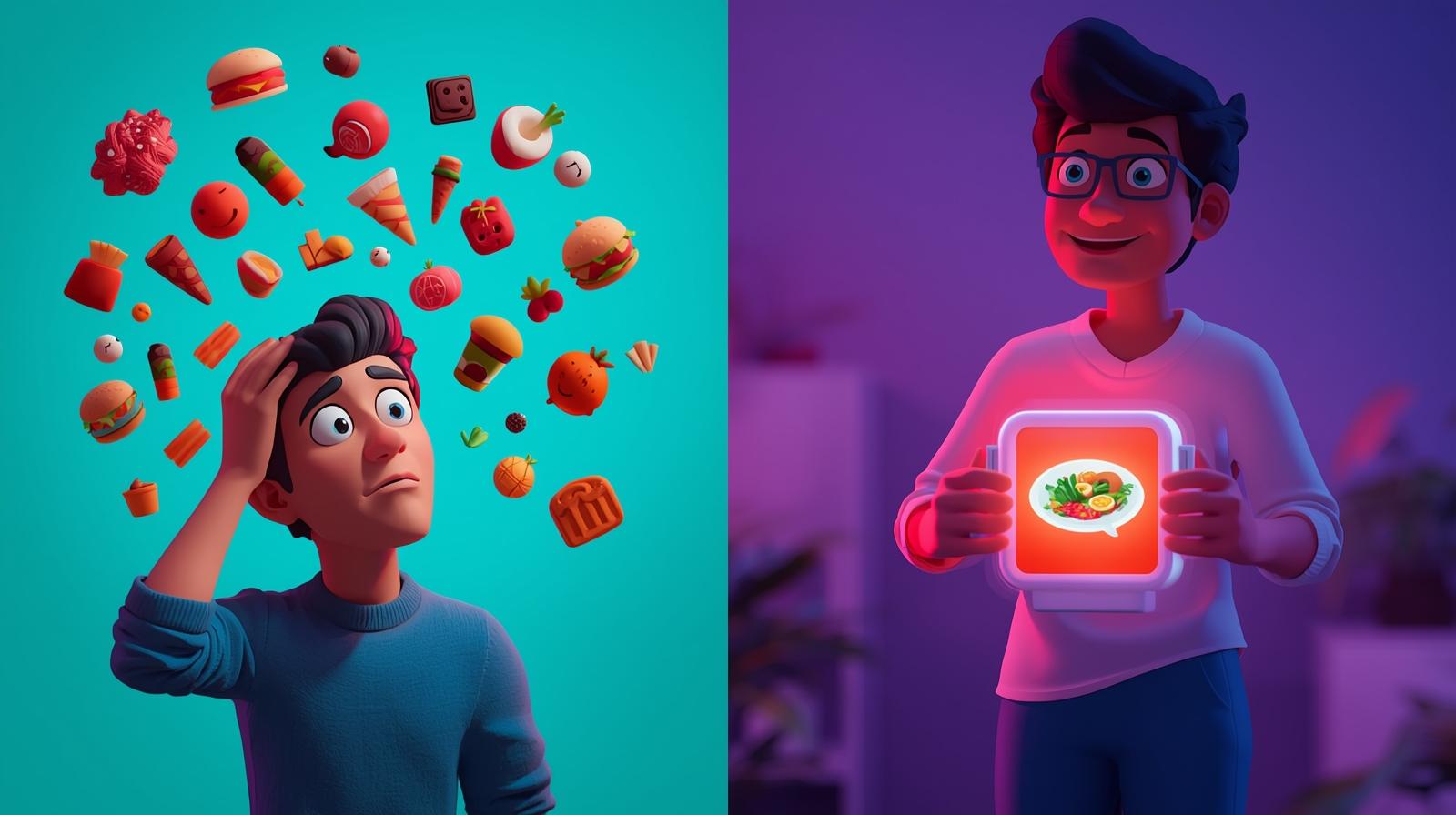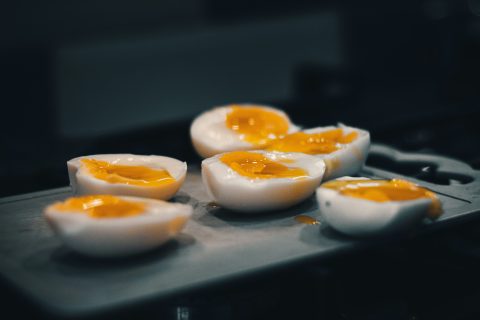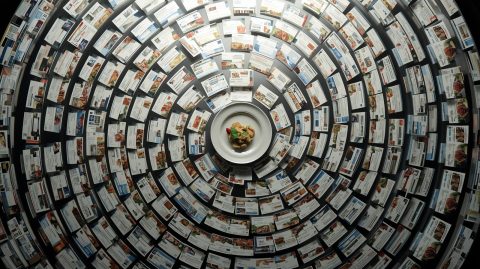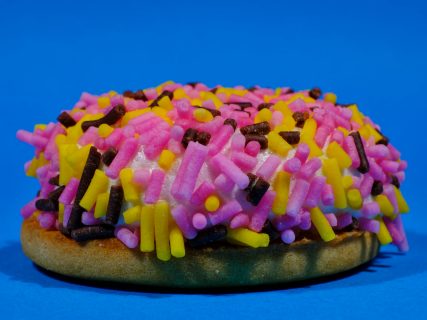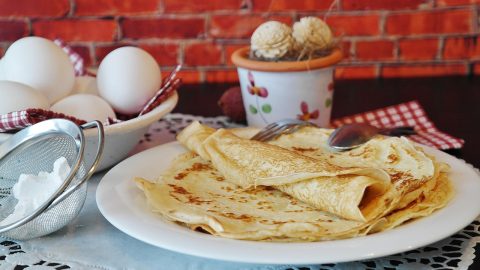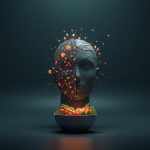Every day, you make hundreds of small decisions—what to wear, what to say, what to eat. By evening, your mental energy is shot. This is decision fatigue, and in nutrition it’s one of the biggest reasons people abandon healthy eating.
Why Too Many Food Choices Make Us Eat Worse
Studies show that when willpower runs low, we default to convenience: takeout, snacks, skipping meals. Nutrition decisions require cognitive effort—estimating portions, balancing macros, planning groceries—and that drains mental resources fast.
By the time you ask “What’s for dinner?”, your brain is too depleted to choose the healthy option—even if you want to.
How Decision Fatigue Disguises Itself
-
You skip meals, then binge later.
-
You endlessly scroll recipes, then give up.
-
You forget ingredients, then order delivery.
-
You think you lack discipline—but it’s cognitive overload.
How AI Meal Planning Reduces Mental Load
AI-based meal planners flip the process. Instead of making dozens of micro-choices daily, you make a few smart choices once—then the system generates your plan, portions, and grocery list automatically.
This removes friction. Every meal is pre-decided, so your brain can spend energy elsewhere while still eating well.
Batching Decisions Builds Consistency
Planning meals weekly instead of daily reduces decision fatigue dramatically. It’s the same reason successful CEOs wear the same outfit every day: one less decision means one more unit of energy for things that matter.
Meal Ark’s Approach to Decision Fatigue
Some modern planners like Meal Ark use AI to turn your goals into automated weekly meal plans and smart grocery lists.
You set your preferences once, and the system handles decisions for the week.
Healthy Eating Needs Fewer Decisions, Not More
Willpower is overrated. The real unlock is reducing the number of daily decisions so healthy choices become automatic.
AI meal planning doesn’t just save time—it protects your mental energy so you can finally stay consistent.

